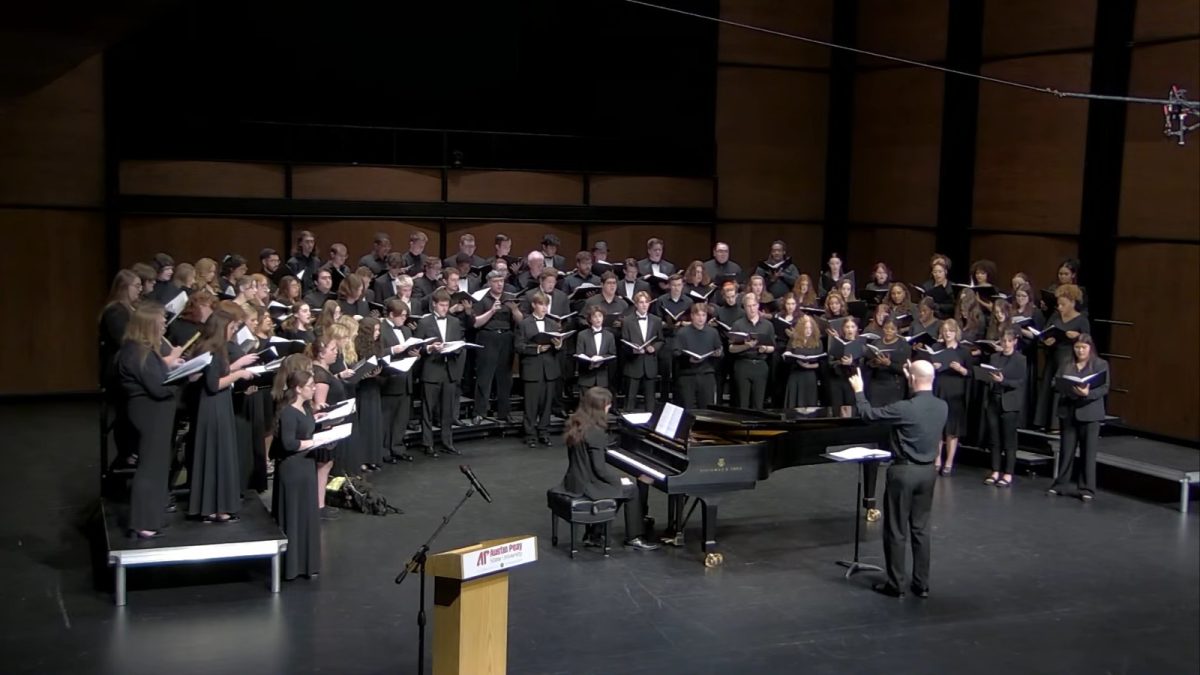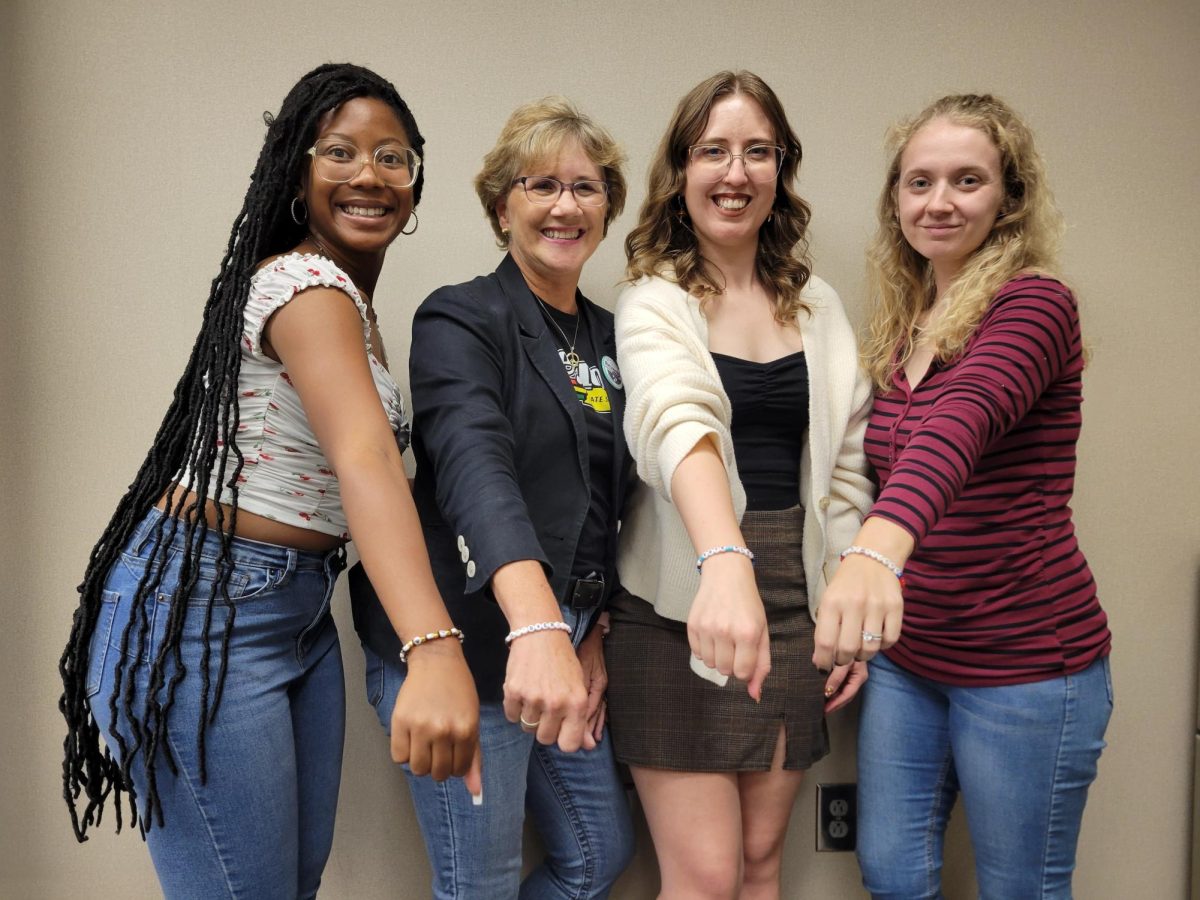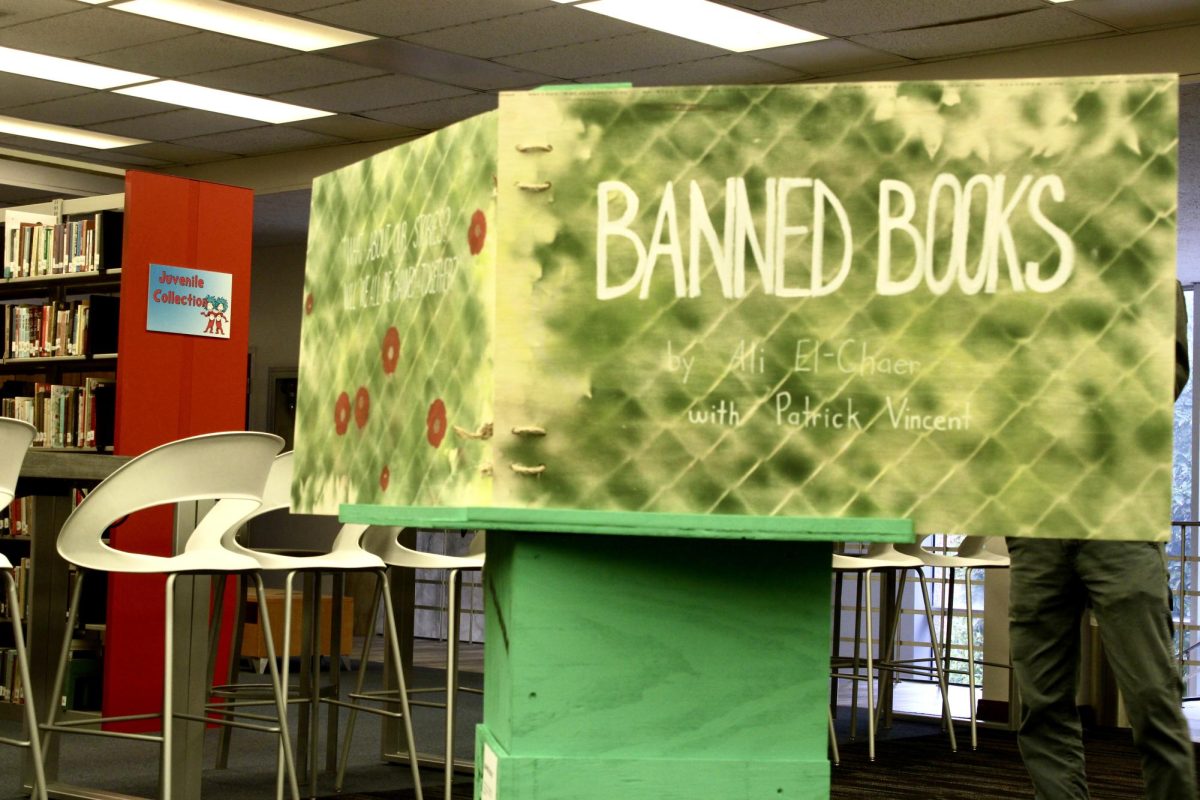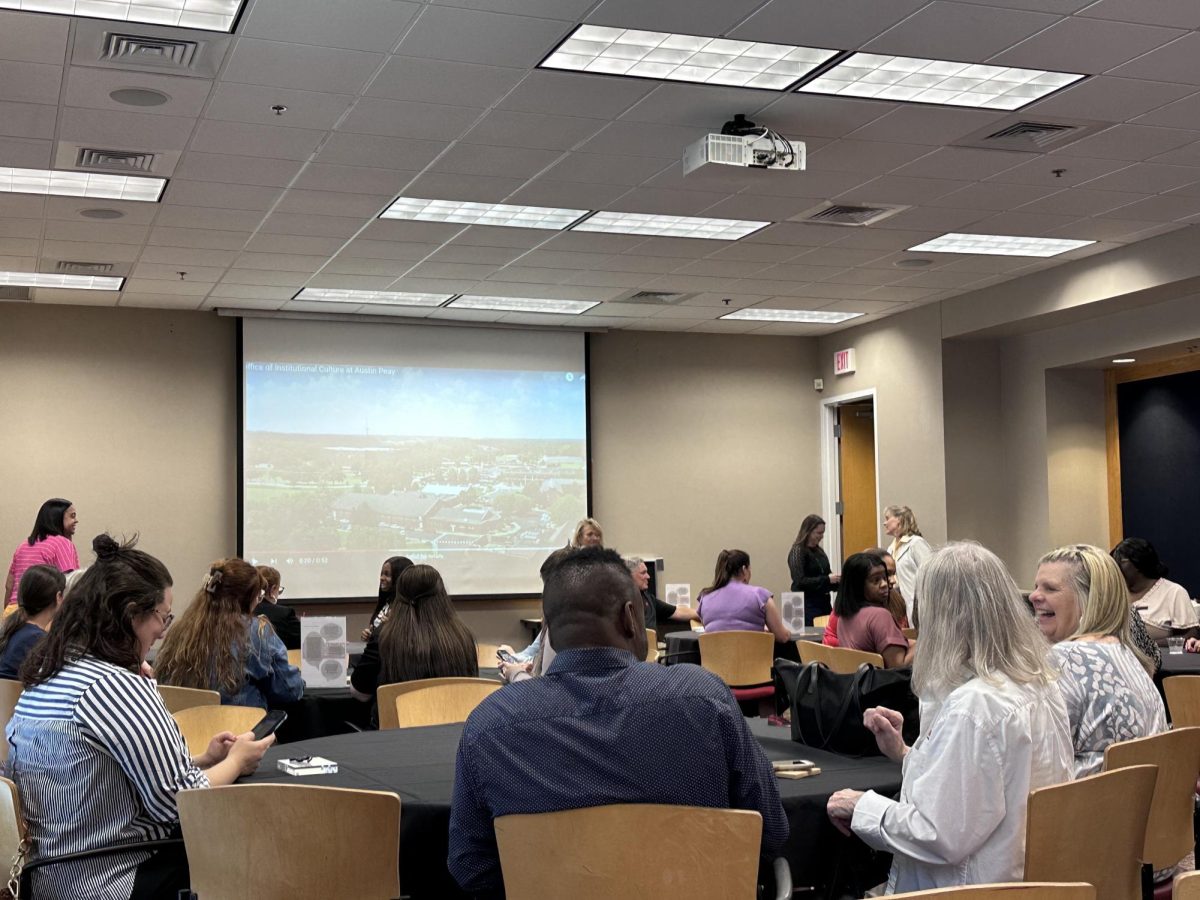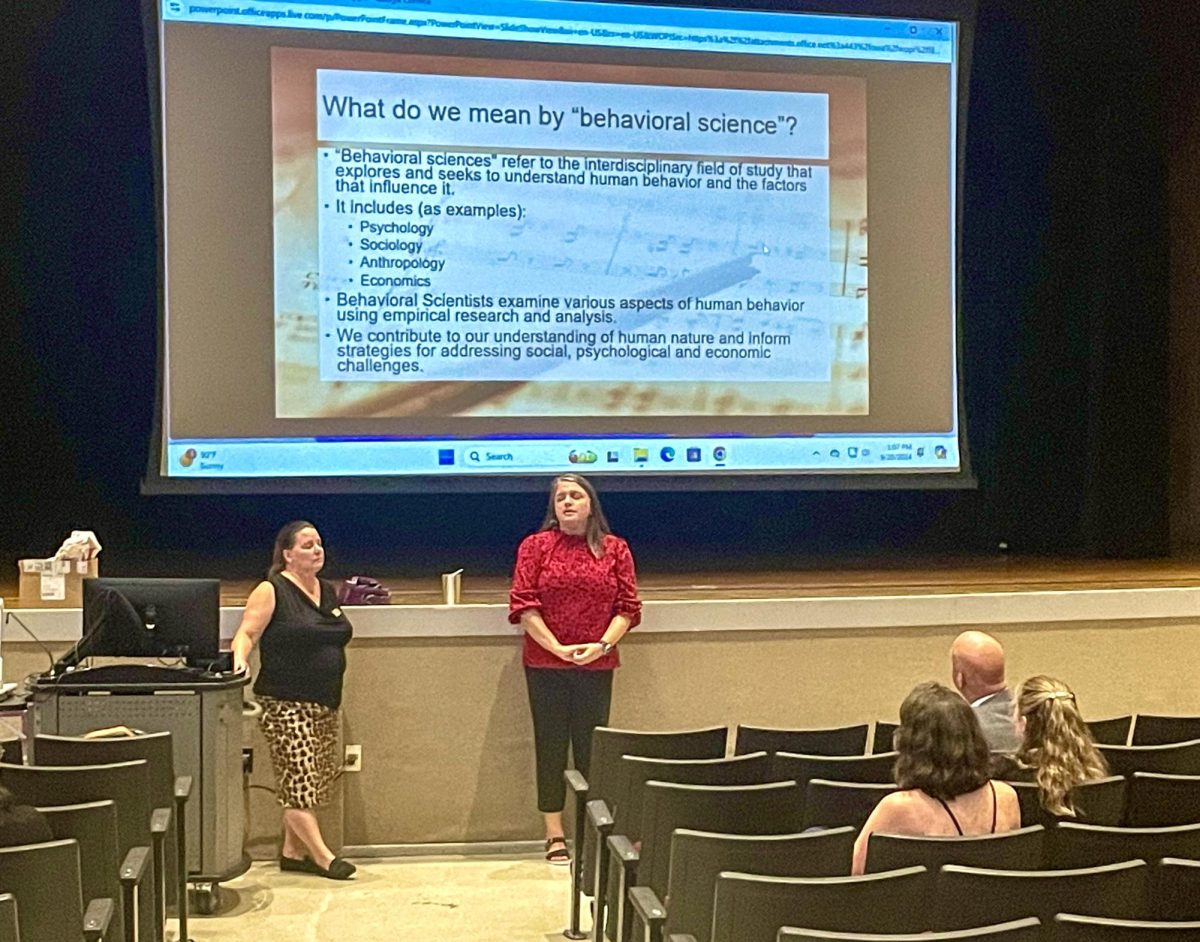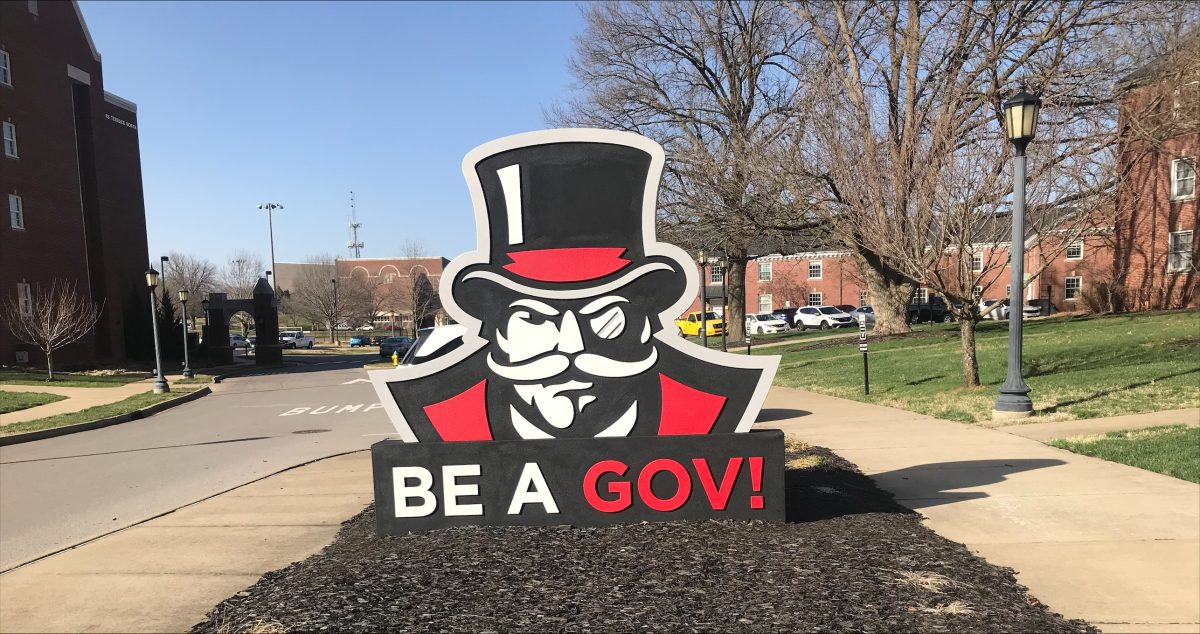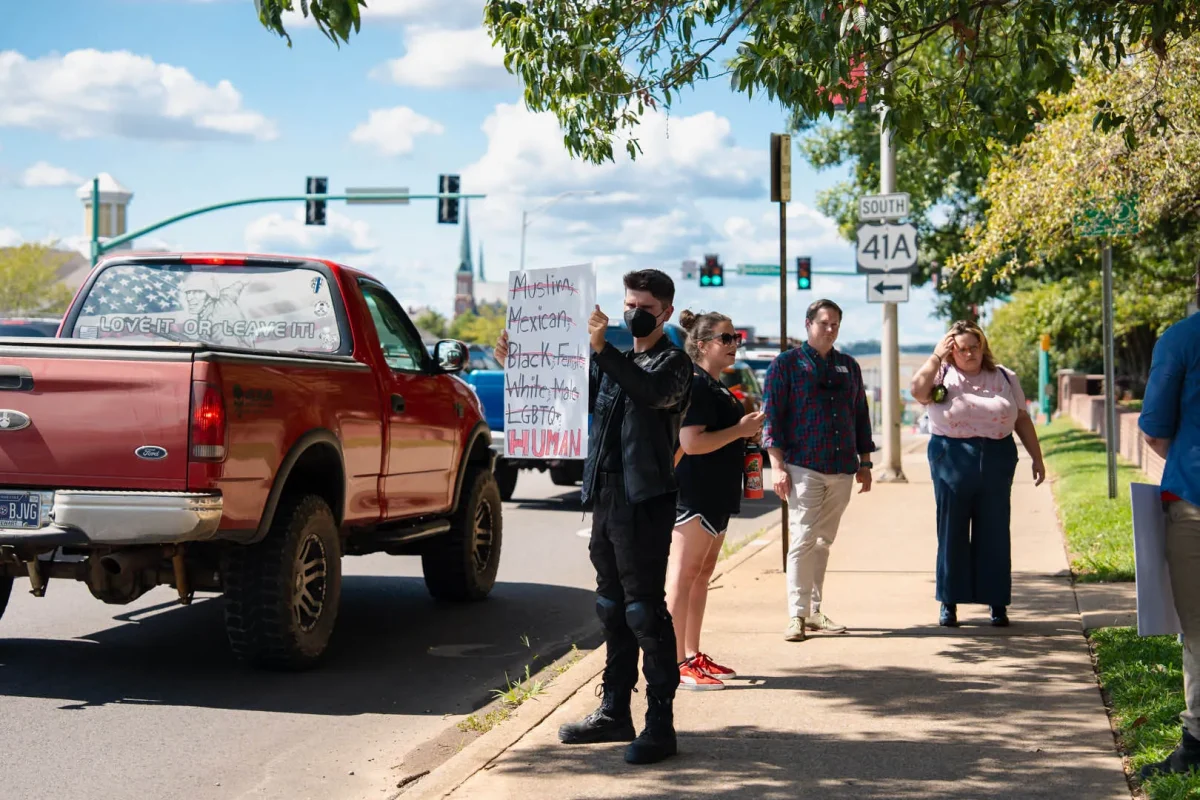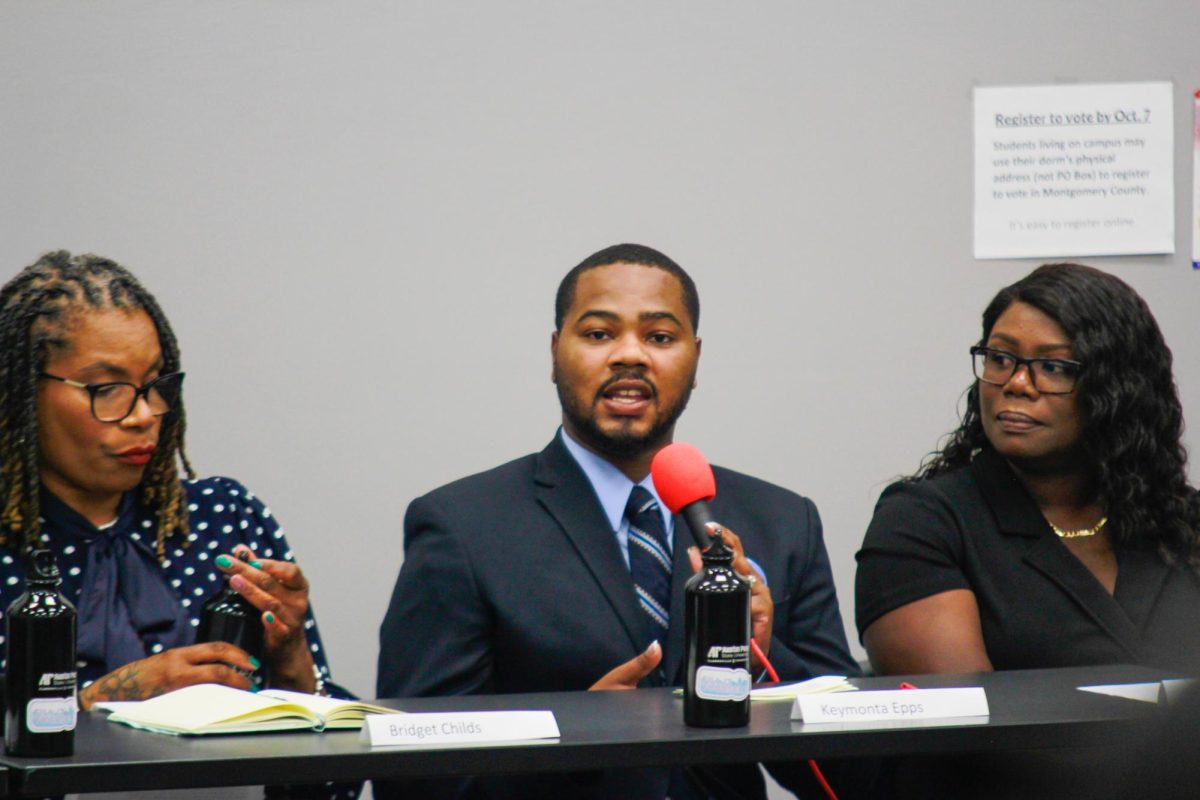CONNIE CASS, Associated Press
WASHINGTON (AP) — Hoyt Sparks says he has no use for liberal Democrats and their “socialistic, Marxist, communist” ways.
Toni Lewis suspects tea party Republicans are “a bunch of people who probably need some mental health treatment.”
Politically speaking, the tea-party supporter in rural North Carolina and the Massachusetts liberal live a world apart.
Who or what could get them thinking the same?
Edward Snowden and the National Security Agency.
By exposing the NSA’s vast surveillance web, Snowden created a link between tea partyers and liberals — two tribes camped on opposite sides of the nation’s political chasm.
These people to the right and left of mainstream America sound a lot alike now.
Sparks, a federal retiree in the Blue Ridge mountain town of Sparta and a political independent, condemns the NSA programs as “a breach of privacy which violates the Constitution.”
Lifetime Democrat Lewis, a social worker in the city of Brockton, near Boston, says, “When we’re violating the rights of U.S. citizens, I think that’s a dangerous line to be walking.”
Whether they are Republicans, Democrats or independents, almost half of Americans say they support the tea party movement or call themselves liberal.
Compared with their more moderate Republican or Democratic peers, tea partyers and liberals are significantly more likely to oppose the collection of millions of ordinary citizens’ telephone and Internet data, an Associated Press-GfK poll shows.
By a 2-to-1 margin, these two groups say the government should put protecting citizens’ rights and freedoms ahead of protecting them from terrorists.
Nearly 6 in 10 Republicans support the tea party movement. Nearly 4 in 10 Democrats call themselves liberals. Combined, they are buoying a coalition of conservative and liberal lawmakers pushing to rein in the NSA, while party leaders balk at anything that might weaken the agency’s ability to foil terrorists.
Why does the NSA unite the right and left ends of the political spectrum?
“More extreme political views lead to more distrust of government,” said George Mason University law professor Ilya Somin, who’s studied the tea party’s focus on the Constitution. People at the far ends of the political spectrum are less likely than middle-of-the-road voters to feel government is responsive to them.
On the flip side, Somin said, moderates generally don’t follow politics as closely as people at the extremes, so they may be less aware of the scope of the NSA’s activities.
“The whole thing is wrong,” says Virginia Greenfield, a tea-party supporter in Cortland, N.Y. But, she says, “most people don’t want to believe that the government would do what it’s doing.”
Liberals, who tend to trust government to handle many matters, also tend to be suspicious of intrusions into privacy or civil liberties. That aligns them on some issues with libertarians, the champions of individual rights who make up a substantial portion of the tea party movement.
Another segment of the tea party — social conservatives — deeply mistrusts President Barack Obama and his administration, an attitude likely to extend to the NSA while he’s in charge.
Obama is a point of contention in the anti-surveillance coalition. Eight in 10 tea partyers dislike the way he’s handled the issue; only about half of liberals disapprove. Still, the NSA brings liberals closer to the tea-party way of thinking than usual: On other big issues, liberals’ approval for Obama generally hovers around 70 percent.
When it comes to Snowden, tea-party supporters and liberals are back in step — about half of each group says the former NSA contractor did the right thing. Among non-tea party Republicans and nonliberal Democrats, a strong majority thinks he was wrong to reveal classified programs.
Christina Ott, who works on her family’s farm near Woodbury, Tenn., found Snowden’s action inspiring.
“I thought it was somebody taking a moral stand and a big risk,” said Ott, a liberal Democrat.
She isn’t surprised to find herself siding with the tea party for once. Regardless of their political views, Ott said, the people who worry about mass surveillance are the ones “who are paying close attention and believe it is possible for things to go badly wrong.”
But Lewis, an Obama fan, is shocked to agree with tea partyers about anything.
“I can’t explain it. It’s kind of scary,” she said, joking: “Now I might have to rethink my position.”
The AP-GfK Poll was conducted Jan. 17-21 using KnowledgePanel, GfK’s probability-based online panel. It involved online interviews with 1,060 adults. The survey has a margin of sampling error of plus or minus 3.9 percentage points for all respondents. Those respondents who did not have Internet access before joining the panel were provided it for free.
– Published by David Harris.


